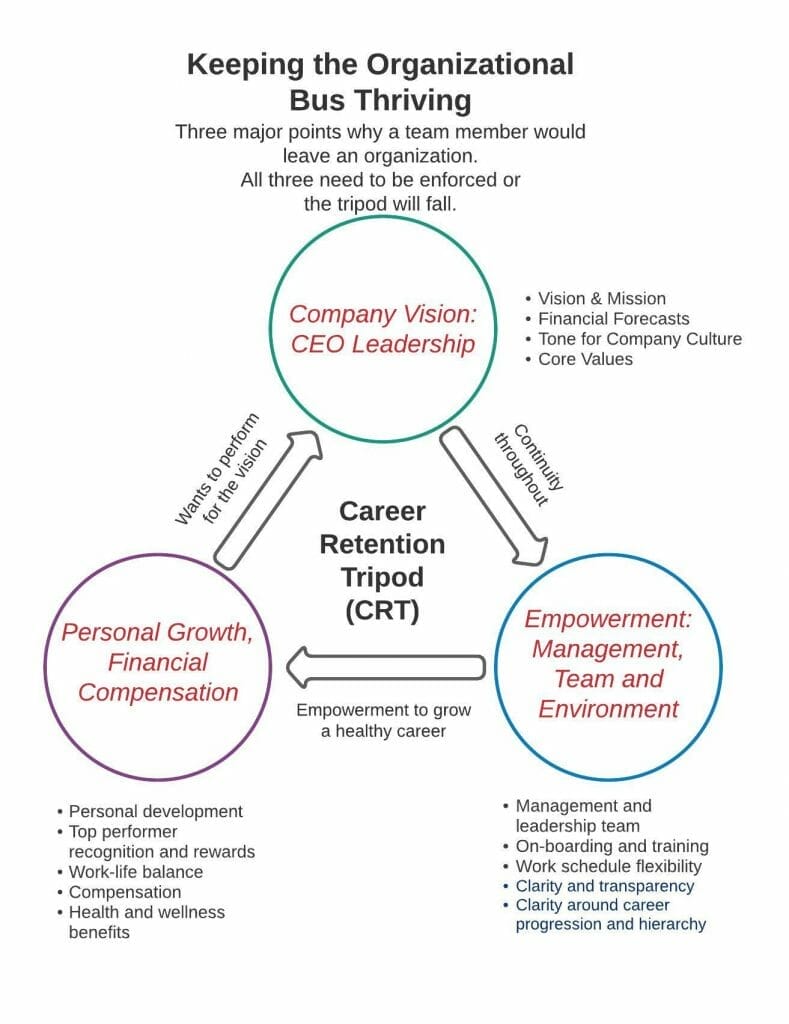You were sourcing information technology jobs and were lured to a new company by the promise of a significant pay increase? Try to resist the urge to change jobs.

A image representing a professional with lots of money after successfully sourcing information technology jobs.
After more than a year of pandemic-induced layoffs and downsizing, the job market is hot, especially if you are looking at information technology jobs. A ManpowerGroup report found that 15 countries surveyed have their highest hiring plans this year since 1962—and that in Canada, hiring is up 40% from last year alone. A Microsoft survey of over 31,000 employees in 31 markets around the world found that 41% are thinking about leaving their jobs. The number one reason? More money. With so many organizations struggling to find and hire great talent, they’re offering increasing pay, perks and opportunities.
Seems like the ideal time to change information technology jobs, right? That’s what dozens of articles—from Forbes to LinkedIn—are reporting, and advising on how to go about it.
I disagree. The grass is not always greener.
As many organizations ramp up again, they’re desperate to hire. They’re offering inflated salaries and lucrative perks for information technology jobs. But if you’re currently in a position with a company that’s stable, growing and supportive of your career ambitions, leaving may be the wrong move. Yes, it’s important that you’re valued and fairly compensated for your contribution to the company. But this pandemic will end. We will regain a healthy workforce. The last thing you want is to be the most recent hire at an organization—because in a few months’ time, you may be seen as an expensive, expendable resource.
In the Career Retention Tripod (CRT) diagram below I illustrate the three reasons an employee might leave a company. If your tripod is intact and you have an open and honest communication path to all layers of leadership, it doesn’t make sense to leave—particularly if the only reason is financial compensation.

Diagram of a career retention tripod for information technology jobs
It’s easy to be tempted by the promise of a short-term financial gain, but I encourage you to stay the course—and strengthen your ties to your current employer. A company that embraces core values and continuously works on improving the culture to retain employees will be the better choice for you in the long run.



